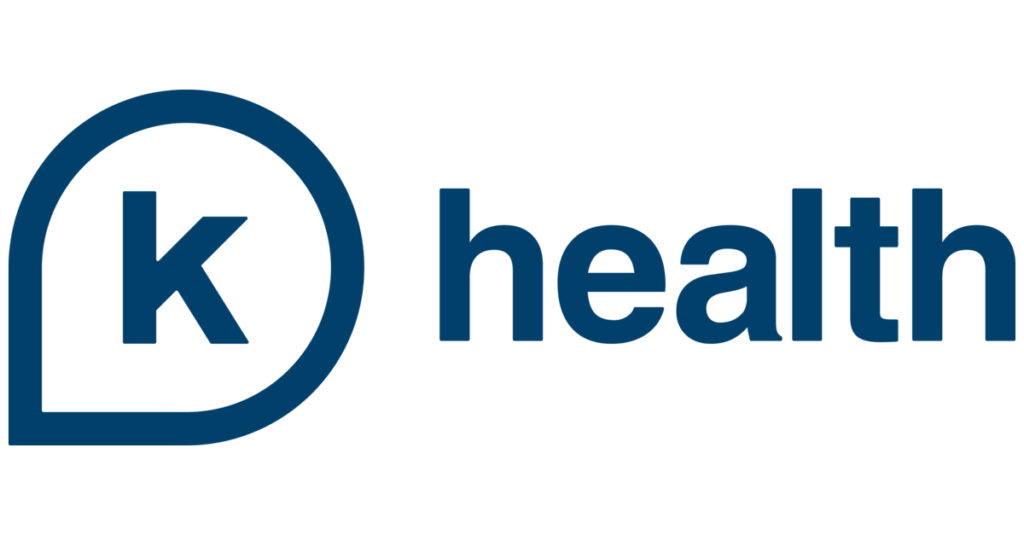
What You Should Know:
– Artificial Intelligence (AI)-driven Primary Care company K Health announced the publication of its peer-reviewed research in Mayo Clinic Proceedings: Digital Health, which demonstrates how K Health’s AI can provide information that allows for more personalized hypertension treatment in patient-facing settings.
Hypertension: A Silent Killer
According to the Centers for Disease Control and Prevention (CDC), hypertension, also known as high blood pressure, affects nearly half of American adults and is a major risk factor for heart attack and stroke. Optimal treatment has a proven role in reducing the risk of advanced disease and death, but historically, guidelines have been difficult to implement in day-to-day practice.
K Health AI Stabilizes Blood Press in Hypertension Patients
K Health’s new study, “Causal Deep Neural Network-Based Model for First-line Hypertension Management,” describes how the company’s AI model, developed using de-identified data from Mayo Clinic, has successfully been used by physicians to stabilize blood pressure in hypertension patients.
Key highlights of the study include:
– The AI model was designed and validated to help physicians personalize treatment and stabilize patients with hypertension at the point of care.
– The model is proven effective in predicting optimal medication regimen based on gender, age, ethnicity, chronic conditions, blood pressure, and relevant laboratory results.
– Treatment recommendations from the model aligned with established clinical JNC 8 hypertension medication guidelines 95.7 percent of the time, compared with actual physician practice of 77.9 percent.
“This is a major step in demonstrating how AI can completely change how we deliver care to millions of people living with chronic illness,” said Ran Shaul, Co-Founder and Chief Product Officer of K Health. “By referencing de-identified data from real Mayo Clinic patients, we’ve been able to build a way for patients in any primary care setting to directly benefit from the Mayo Clinic standard of care.”

